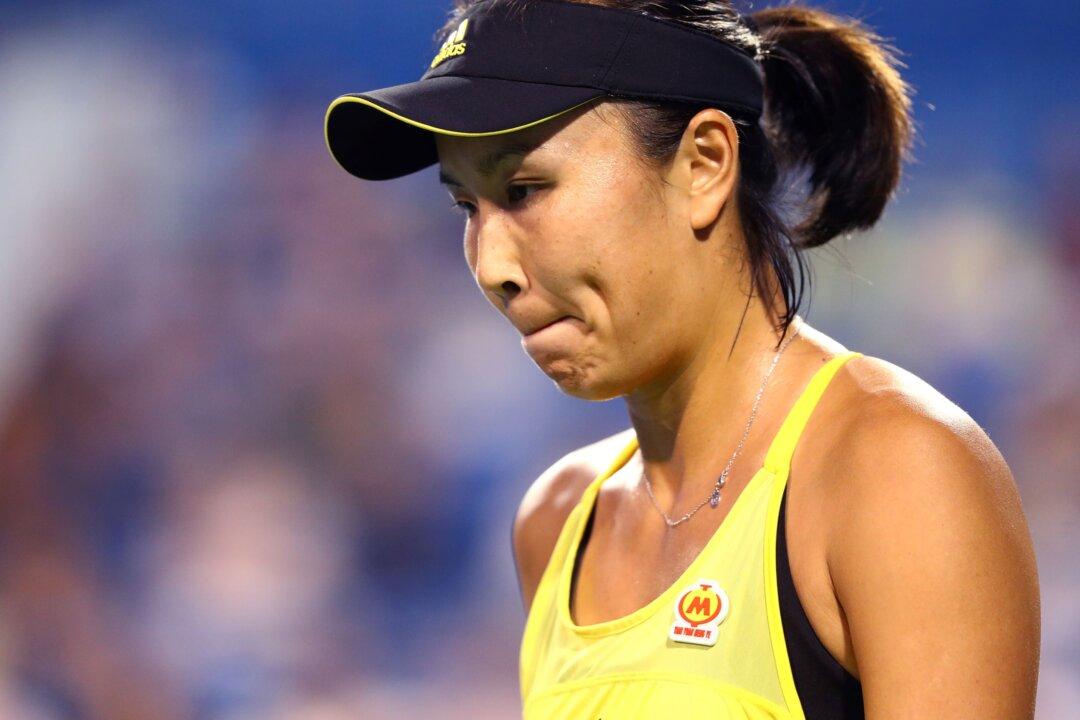Chinese tennis player Peng Shuai’s video call with the International Olympic Committee (IOC) doesn’t address or alleviate the Women’s Tennis Association’s (WTA) concern about her well-being, the WTA said on Nov.22.
Global concerns about the former doubles world number one tennis player mounted following a rare, public sexual assault allegation she made against a retired top Chinese Communist Party (CCP) official on Nov. 2. The 1,500-character post was not visible on her verified Twitter-like Weibo account after around half an hour, and the 35-year-old player also disappeared from the public eye for almost three weeks.




